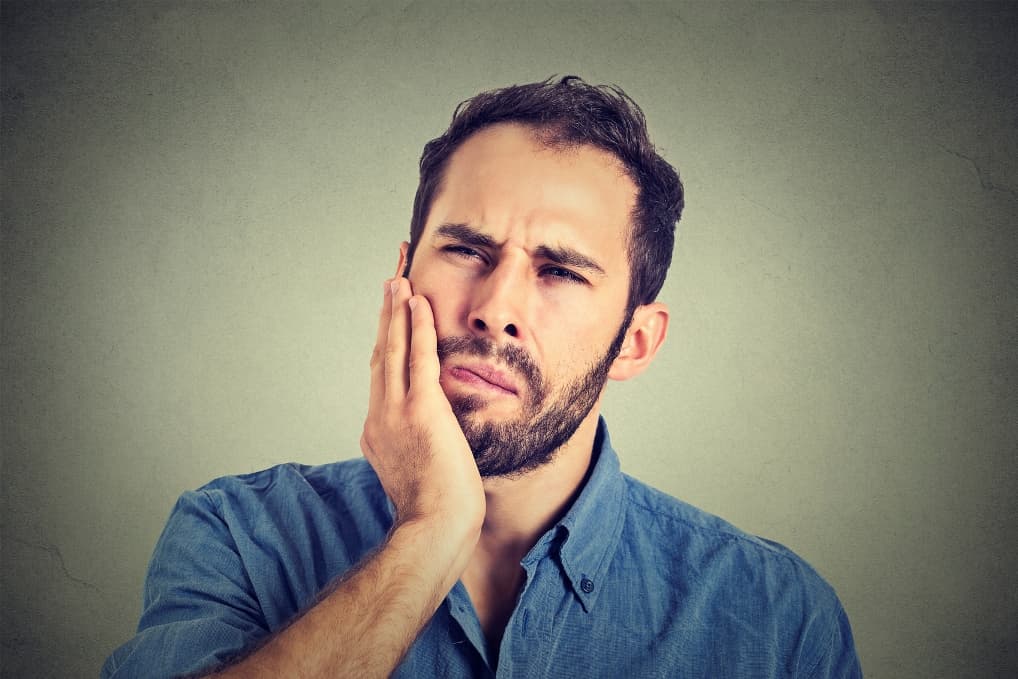Cannabis has been in the news recently due to the growing interest in its therapeutic values and potential to help with several conditions. Developed countries like the USA and Canada have amended laws severally decriminalising the substance, allowing recreational and medicinal use. These changes have led to easy access to cannabis-infused products and medication. In the UK, medical cannabis is gaining traction thanks to new clinics like Releaf, so it begs the question how does cannabis vaping affect your teeth with a dentist? Read here to find out. But first, let’s explore cannabis’ chemical constituents.
Chemical Constituents of Cannabis
Cannabis contains over 100 chemical compounds known as cannabinoids, flavonoids, and terpenes. Of the compounds, the following are the most researched:
- Cannabidiol (CBD) is a non-psychoactive compound that doesn’t impair cognition. Although research is ongoing, CBD has shown the potential to help with several health conditions if you take therapeutic doses. However, inconclusive findings have limited the use of CBD in medicine.
- Delta-9-tetrahydrocannabinol (THC): this is the most potent psychoactive compound in cannabis found in its stems, leaves, flower buds, and seeds. It is the compound that gives the euphoric high. Although used for recreational effects, it can help with sleep disorders and stress relief.
- Cannabinol (CBN): is a minor cannabinoid in the cannabis plant. It forms through the degeneration of THC through exposure to light and air or over time. CBN is non-psychoactive, but scientists believe it has therapeutic benefits like anti-inflammatory and anti-bacterial properties besides sedative effects. This compound is abundant in older degenerated cannabis.
- Terpenes: these are the aromatic compounds in the cannabis plant. It is responsible for the unique scents and flavours of different cannabis strains. Terpenes also have therapeutic effects to some extent.
- Flavonoids: these are the over 20 different phytonutrients in cannabis plants, with cannflavin A, B, and C being the most abundant. This compound is responsible for the unique colour of different strains.
Effects on Your Dental Care
There is a possibility of interaction between cannabis-infused products and medication due to the compounds mentioned above. For that reason, oral health professionals should learn the signs, which include but aren’t limited to paranoia, hallucinations, anxiety, and euphoric highs.
Some effects on your dental care include unexplained persistent bleeding, primarily if you use synthetic cannabinoids. This effect can impact surgical procedures like extractions, grafting, or periodontal therapy. In addition, THC contributes to excessive bleeding as it affects clotting and may delay healing after a dental procedure.
Since THC increases heart rate and has cardiorespiratory effects, using epinephrine can be fatal using cannabis products. You might suffer from acute hypertension because epinephrine fights vasodilation caused by cannabinoids like THC. In addition, using cannabis-infused products will affect the dose of anaesthesia you need for a dental procedure, putting you at more risk of complications.
Cannabis Effects on OralTisses and Structure
The use of cannabis can also affect your oral tissues and structures in several ways. For example, it can cause dry mouth due to reduced saliva production, increasing the risk of oral infection, gum diseases, and decay. Cannabis smoke can also cause oral cancer, especially if you use synthetic ones that are carcinogenic.
You will also feel a metallic or unpleasant taste in the mouth caused by a change in taste perception. In some cases, smoking or ingesting cannabis-infused products will affect oral mucosal lesions, causing irritation and inflammation, which can develop into lesions and sores.
Cannabis use has gained popularity due to perceived health benefits. However, it will help to understand that it can affect your oral health in the ways you have read here, especially if you use synthetic cannabis products. Therefore, it will help to source your cannabis products from reputable cannabis clinics like Releaf. In addition, it is essential to disclose the use of cannabis products to your oral health provider for guidance and to determine the best medication for your oral health condition. Doing so will also give you access to the best advice on oral health care that will protect you from the effects.

